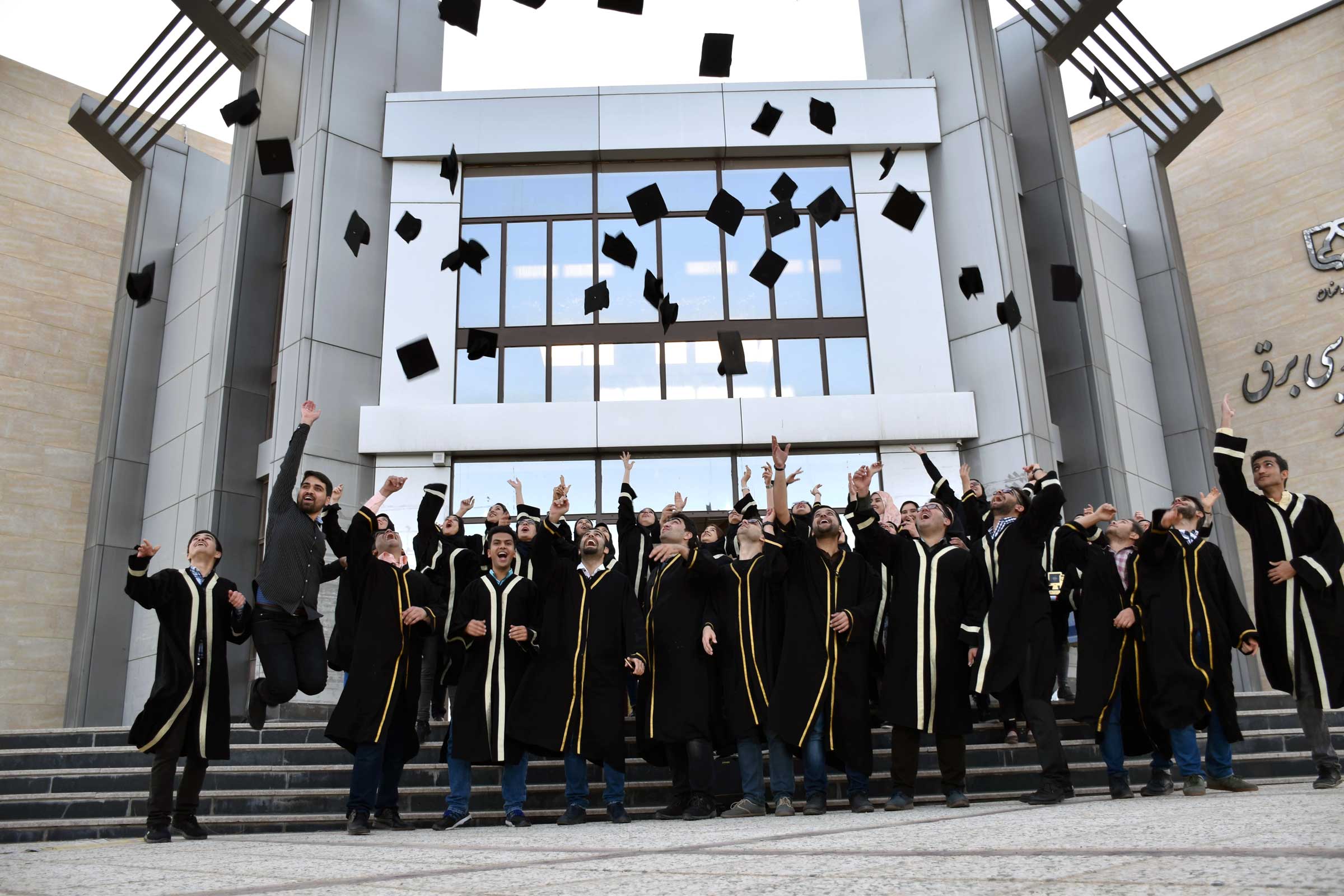The Faculty of Electrical and Computer Engineering initially began its educational activities as the Electrical Group, offering associate degree programs in Electrical and Electronics Engineering in the 1980s. Due to the growing demand for skilled professionals in this field, the department quickly expanded. A major step in responding to this need was the establishment of the Electronics Engineering program as the first undergraduate program in the then Higher School of Technology in 1997. Following the launch of the first undergraduate program, the name of the institution was changed to the Higher Education Complex.
With the development of the Semnan Higher Education Complex and its transformation into Semnan University in 2002, the Electrical Group continued to grow and expand its activities. In 1996, the department began accepting students in the Power Engineering specialization, followed by a Master's in Electronics in 1997, and later the Master's and Ph.D. programs in Electrical Power Engineering in 2003. This expansion broadened the department’s offerings to cover all levels of electrical engineering education.

The Computer Engineering program was introduced in 2007, and currently, the department offers undergraduate, Master's, and Ph.D. programs in this field. Along with the growth in academic programs, faculty recruitment has also seen significant progress. Moreover, the introduction of interdisciplinary programs such as Photonics and Mechatronics at the Master's level reflects the high potential of the faculty team, which has played a key role in attracting more faculty members and increasing student enrollment.
The number of faculty members, the large student population, and the extensive facilities with 25 specialized laboratories, along with a wide range of graduate programs, further highlighted the necessity of transforming the department into a Faculty of Electrical and Computer Engineering. Currently, the faculty offers two undergraduate programs, fifteen Master's specializations, and six Ph.D. specializations. With approximately 35 full-time faculty members and over 30 adjunct faculty members, the faculty serves a student body of around 1,450 students.

The faculty has also collaborated on nearly 50 projects with industry and society, where faculty and students have worked together to address critical industrial challenges. In terms of advancing knowledge, the faculty’s students and professors have successfully published approximately 2,000 papers in top-tier international journals. These papers have been cited over 35,000 times by researchers from other countries and universities, reflecting the high quality and impact of the research. Additionally, nearly 50 patents have been registered, and 15 books have been published, further demonstrating the academic achievements of the faculty members and students. The first postdoctoral graduate of the university is from this faculty.
To enhance its scientific and research reputation, the Faculty of Electrical and Computer Engineering publishes two international peer-reviewed journals:
- Modeling in Engineering (covering all engineering fields)
- Journal of Modeling & Simulation in Electrical & Electronics Engineering
Undergraduate Programs:
- Electrical Engineering (specializations: Electronics, Telecommunications, Power, Control, Bioelectric, Digital Systems)
- Computer Engineering (specializations: Software Engineering, Computer Systems Architecture, Information Technology, Computer Engineering)
Master’s Programs:
- Telecommunications - Fields and Waves
- Telecommunications - Systems
- Power - Power Systems
- Power - Power Electronics and Electrical Machines
- Power - Energy Systems Planning and Management
- Electronics - Micro and Nanoelectronic Devices
- Electronics - Integrated Electronic Circuits
- Electronics - Digital Electronics
- Control Engineering
- Mechatronics
- Computer Engineering - Artificial Intelligence and Robotics
- Computer Engineering - Artificial Intelligence - Virtual and Education-Oriented
- Computer Engineering - Software Engineering
- Computer Engineering - Computer Systems Architecture
- Biomedical Engineering
Ph.D. Programs:
- Telecommunications - Fields and Waves
- Telecommunications - Systems
- Power Engineering
- Electronics Engineering
- Control Engineering
- Computer Engineering - Artificial Intelligence and Robotics